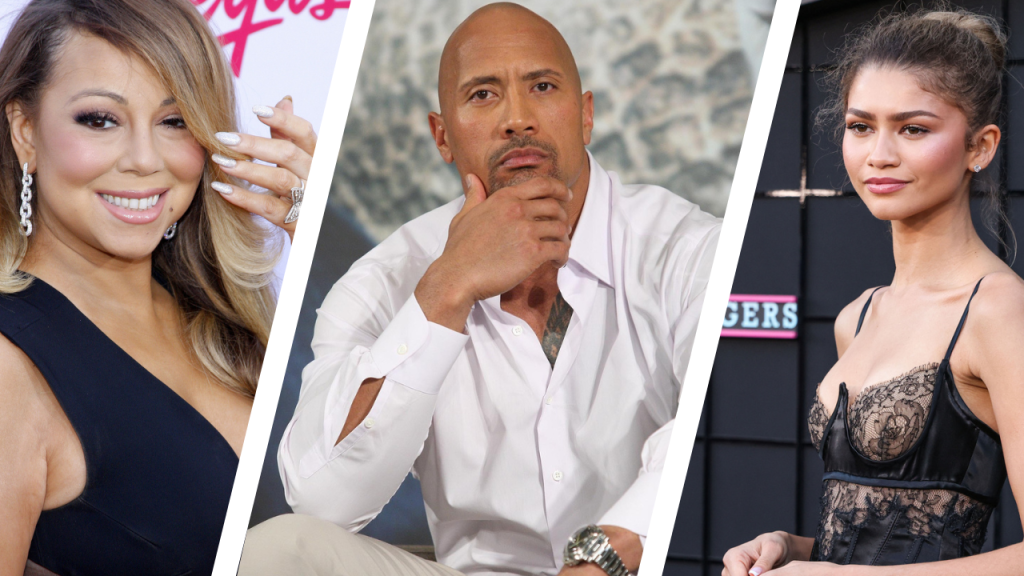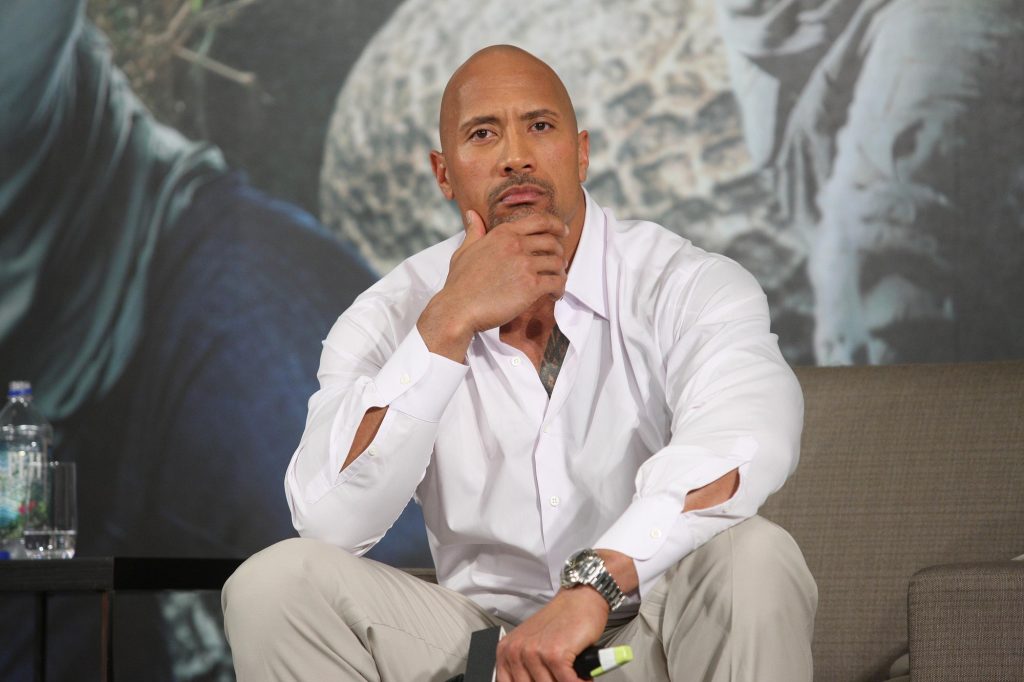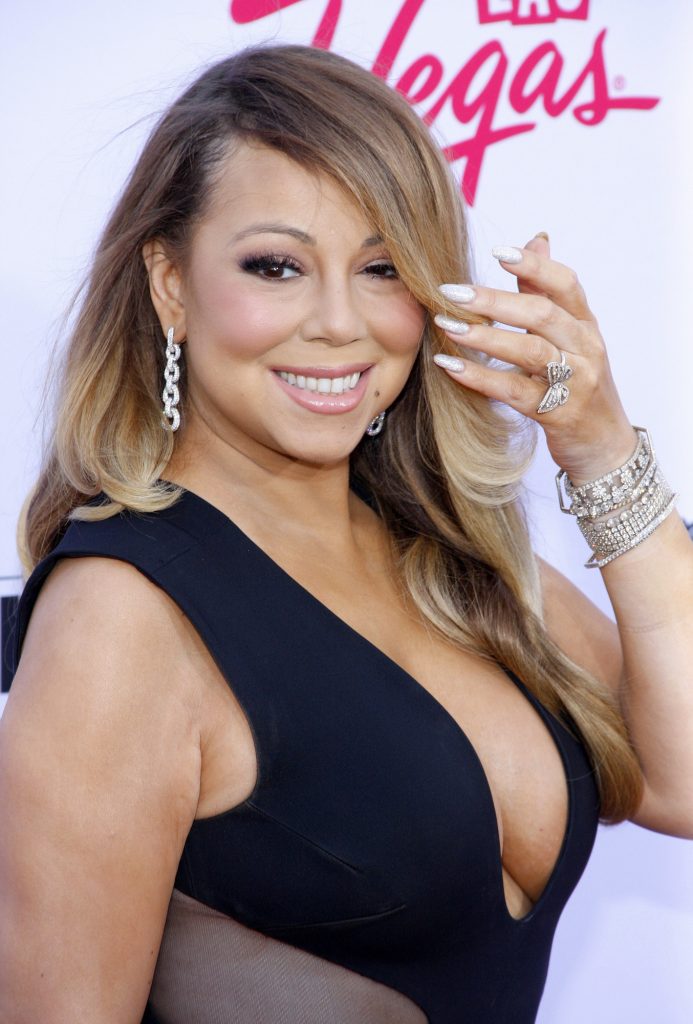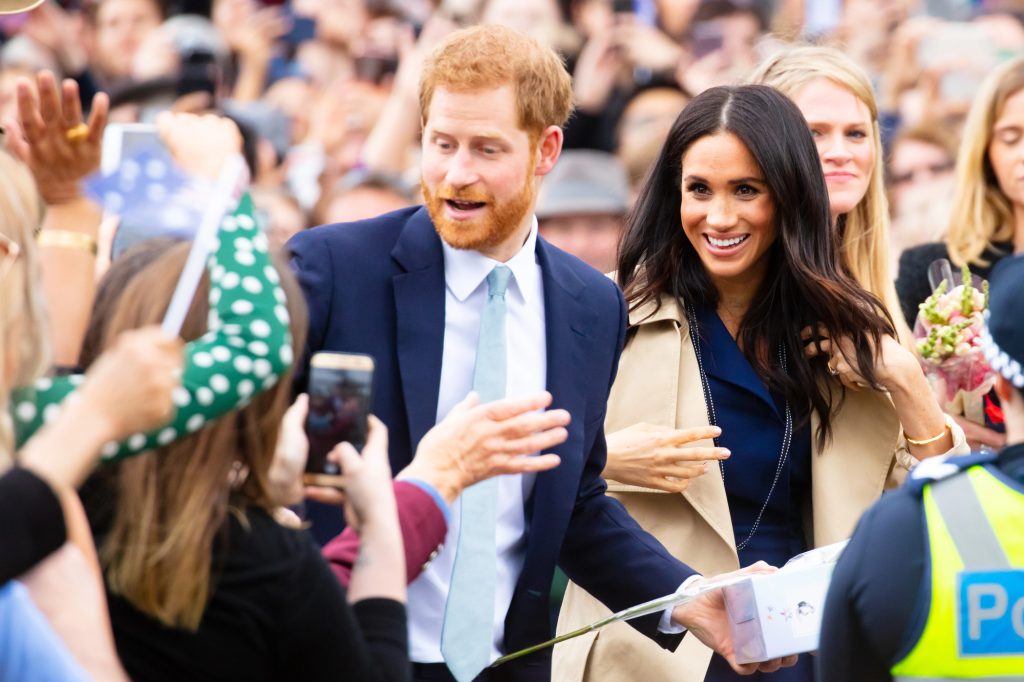In recent years, Hollywood has seen a significant shift in how race and identity are discussed, with biracial celebrities increasingly using their platforms to share personal experiences and challenge industry norms.
These stars, many with one Black parent, are opening up about the complexities of their identities in ways that are reshaping public discourse and pushing for more nuanced representation in entertainment.
As cultural conversations about race continue to evolve, these performers’ perspectives offer valuable insights into the lived experiences of mixed-race individuals in America. Their stories highlight both the progress made and the challenges that remain in an industry that has historically struggled with authentic representation.

The Changing Landscape of Identity in Entertainment
The entertainment industry has a complicated history with racial identity. For decades, the “One Drop Rule” — a concept from the 1920s stipulating that any person with even one drop of African ancestry would be considered Black — influenced casting decisions and career trajectories. According to HubPages, this rule created professional obstacles for many mixed-race performers who found themselves too “racially ambiguous” for certain roles.
“Many biracial people can pass for either Black or white. Some have indicated that at least one time during their career, when an acting role calls for a white person, they miss out. The same thing can happen if the role calls for a Black person, because they are told they are not Black enough,” the publication explains.
Today, however, a new generation of biracial celebrities is reshaping these conversations. Rather than allowing the industry to define their identities, many are speaking openly about their mixed heritage and advocating for more authentic representation.
Leading Voices: Biracial Celebrities Speaking Out
Among the most prominent voices in this conversation is Zendaya, whose father is African American and mother is of European descent. The Emmy-winning actress has been remarkably candid about colorism in Hollywood and her position within it.
At Beautycon Festival, Zendaya addressed her experience directly, describing herself as “Hollywood’s acceptable version of a Black girl,” according to Buzzfeed. “I feel a responsibility to be a voice for the beautiful shades my people come in,” she said. “Unfortunately, I have a bit of a privilege compared to my darker sisters and brothers… I want to be a part of the movement and growth. And if I get put in a position because of the color of my skin where people will listen to me, then I should use that privilege the right way.”
This acknowledgment of privilege while using her platform for advocacy represents a new approach many biracial celebrities are taking – recognizing both their unique experiences and their responsibilities to the broader Black community.
It’s here! Take a peek at the opening of #mixedish with “In The Mix” before it debuts tonight at 9|8c on ABC! @mixedishabc 🎉 pic.twitter.com/okXJ7WnDrH
— Mariah Carey (@MariahCarey) October 1, 2019
Navigating Different Worlds: Personal Stories
For many biracial celebrities, the experience of navigating different cultural worlds has shaped their identities and careers in profound ways.
Musician J. Cole, who is of Black and European descent, spoke candidly to XXL Magazine about his identity: “I can identify with white people, because I know my mother, her side of the family, who I love… But at the end of the day, I never felt white. I don’t know what that feels like. I can identify. But never have I felt like I’m one of them.”
The rapper’s experience reflects a common reality for many mixed-race individuals – the ability to understand multiple perspectives without fully belonging to either world. “I identify more with what I look like, because that’s how I got treated,” Cole explained. “When you get pulled over by the police, I can’t pull out my half-white card.”
Actor Jesse Williams, also of Black and European descent, shared similar sentiments with The Guardian. “I am white, and I am also Black. I am invisible man in a lot of these scenarios. I know how white people talk about Black people. I know how Black people talk about white folks. I know I am there, and everyone speaks honestly around me.”
Williams recalled a formative childhood experience: “I remember a mom of a friend of mine in the suburbs made some comment about a Black person and — I had to be 12, about 60 pounds — and I said something, and she said: ‘Oh no, not you. You are not Black. You are great.’ It was real. That happened. And she meant it. And she meant it sincerely and sweetly. She was paying me a compliment.”
15 Influential Biracial Celebrities Reshaping The Conversation
The following celebrities, each with one Black parent, have made significant contributions to entertainment while also advancing important conversations about identity and representation:

1. Zendaya
Beyond her roles in blockbusters like “Spider-Man” and “Dune,” Zendaya has become one of Hollywood’s most outspoken voices on colorism. According to Blogging.org, she has used her platform to “challenge the industry to expand opportunities for actors of all backgrounds,” making her “the future of Hollywood” both for her talent and advocacy.
2. Halle Berry
As the first and still only Black woman to win the Academy Award for Best Actress, Berry’s career has been groundbreaking. Born to a white mother and Black father, Berry told People that she faced bullying as the only Black child in an all-white school. “My need to please and my desire to achieve was because I was constantly trying to prove that I was as good as the other white students… that taught me how to win in life.”

3. Dwayne “The Rock” Johnson
With a Black Nova Scotian father and Samoan mother, Johnson has embraced his mixed heritage throughout his career. When questioned about his racial identity on Twitter, Johnson replied, “I identify as exactly what I am – both. Equally proud. Black/Samoan.”
4. Alicia Keys
The 15-time Grammy winner, born to a white mother and Black father, has used her platform not only for musical excellence but also to promote self-acceptance. Her decision to embrace a makeup-free appearance on red carpets and performances sparked important conversations about beauty standards in the entertainment industry.

5. Drake
The chart-topping rapper, whose mother is Jewish Canadian and father is African American, has explored his dual heritage throughout his music career. His multicultural background has influenced both his artistic expression and his perspective on identity in the music industry.
6. Tracee Ellis Ross
The daughter of legendary singer Diana Ross (who is Black) and music executive Robert Ellis Silberstein (who is white), Ross has carved out her own identity as an actress, producer, and activist. Her work on “Black-ish” addressed issues of race and identity with both humor and depth.
7. Rashida Jones
Born to music producer Quincy Jones (who is Black) and actress Peggy Lipton (who was white), Jones has spoken about the complexities of being biracial in Hollywood and often having her identity questioned or misunderstood throughout her career.
8. Halsey
The singer, who uses she/they pronouns, has been vocal about their identity as the child of a Black father and white mother. In an interview with Allure, they addressed the complexities of presenting as white while identifying with their Black heritage: “A lot of people try to write off a lot of my experiences because I present white.”

9. Mariah Carey
The iconic singer, whose mother is Irish American and father was African American and Venezuelan, has discussed the challenges of growing up biracial in her memoir and interviews, providing insight into how her mixed heritage shaped her personal and professional life.
10. Jordan Fisher
The actor and singer, whose heritage includes Nigerian, Cambodian, English, Tahitian, Italian, Greek, and Scandinavian ancestry, told Mixed Asian Media: “Being mixed affects my day-to-day life, so it’s affected every role I’ve had… I was like the only person of color in my school growing up and the only mixed kid in my town and the only dark kid in my family.”
11. Tessa Thompson
Born to a Mexican-European mother and Afro-Panamanian father, Thompson has credited her mother with helping her navigate her Black identity. At the Essence Black Women In Hollywood luncheon, she said, “Even though she is not a Black woman, throughout my life, she filled me with such pride of being one.”
12. Barack Obama
The former president, born to a white American mother and a Black Kenyan father, has written extensively about his journey to understand his racial identity. His experiences navigating different worlds have provided a high-profile example of the complexities of biracial identity in American society.

13. Meghan Markle
The Duchess of Sussex, whose mother is Black and father is white, has brought discussions about biracial identity to global attention. Her experiences within the British royal family have sparked important conversations about race, privilege, and institutional bias.
14. Naomi Osaka
The tennis champion, born to a Haitian father and Japanese mother, told WSJ Magazine about experiencing microaggressions related to her mixed heritage: “I’m just trying to put a platform out for all the Japanese people that look like me and live in Japan, and when they go to a restaurant, they get handed an English menu, even though it’s just a little microaggression.”

15. Lisa Bonet
The actress, born to a Black father and Jewish mother, reflected on her experiences in Porter Magazine: “The world wasn’t ready for what I represented, the merging of these two races. I didn’t always feel welcome — in my mom’s family, in my school. So I sheltered myself by always withholding a bit, because I didn’t always feel safe.”
Industry Change and Ongoing Challenges
While conversations about race and representation have evolved significantly in recent years, challenges remain. According to Blogging.org, “discussions around colorism, privilege, and representation remain ongoing. Light-skinned celebrities often receive more visibility, leading to debates about who gets opportunities in the industry.”
This visibility disparity is something many biracial celebrities with lighter skin have acknowledged. Singer H.E.R., who is of Black and Filipino descent, told WWD: “Black culture, to me, is so important, and I identify with young Black women. I represent young Black women, and I’m proud of that.”
Some industry observers have noted that while representation has improved, Hollywood still has work to do in portraying the full spectrum of Black identity. The prevalence of light-skinned biracial actors in prominent roles has sparked important discussions about colorism within the industry.
The Impact of DNA Testing on Identity Conversations
The rise of consumer DNA testing services has added another dimension to conversations about racial identity. As HubPages notes, “People are finding out their ancestry these days through sites like Ancestry.com, where they can buy an ancestry DNA kit for about $60. They can then send a sample to be tested. Many are surprised to find out that they have ancestors of different races.”
This technology has helped many Americans discover previously unknown aspects of their genetic heritage, sometimes challenging long-held assumptions about racial identity. For some celebrities, these discoveries have prompted public reflections on how they understand and discuss their own backgrounds.
Language and Terminology
Even the language used to discuss race continues to evolve. The capitalization of “Black” and “White” when referring to race remains inconsistent across publications, reflecting broader uncertainty about terminology.
According to HubPages, “The jury is still out on which form is correct. The stylebooks are not consistent on whether to capitalize the B in ‘Black’ and the W in ‘White’ when referring to a person’s race.” While the Oxford and Webster dictionaries state that capitalizing “Black” when referring to African Americans is common practice, publications like the New York Times and Associated Press have traditionally used lowercase.
This linguistic evolution reflects the ongoing development of how we discuss racial identity in America – a conversation to which biracial celebrities have made significant contributions.
Looking Forward
As Hollywood continues to evolve, biracial celebrities are likely to play an increasingly important role in shaping conversations about race, identity, and representation. Their unique perspectives offer valuable insights into the complexities of racial identity in America and the importance of authentic representation in media.
By sharing their personal experiences and using their platforms to advocate for change, these performers are helping to create a more inclusive entertainment industry – one that reflects the true diversity of human experience and offers everyone the opportunity to see themselves represented authentically on screen.
In doing so, they’re not only advancing their own careers but also helping to build a more equitable and representative cultural landscape for future generations of performers and audiences alike.


